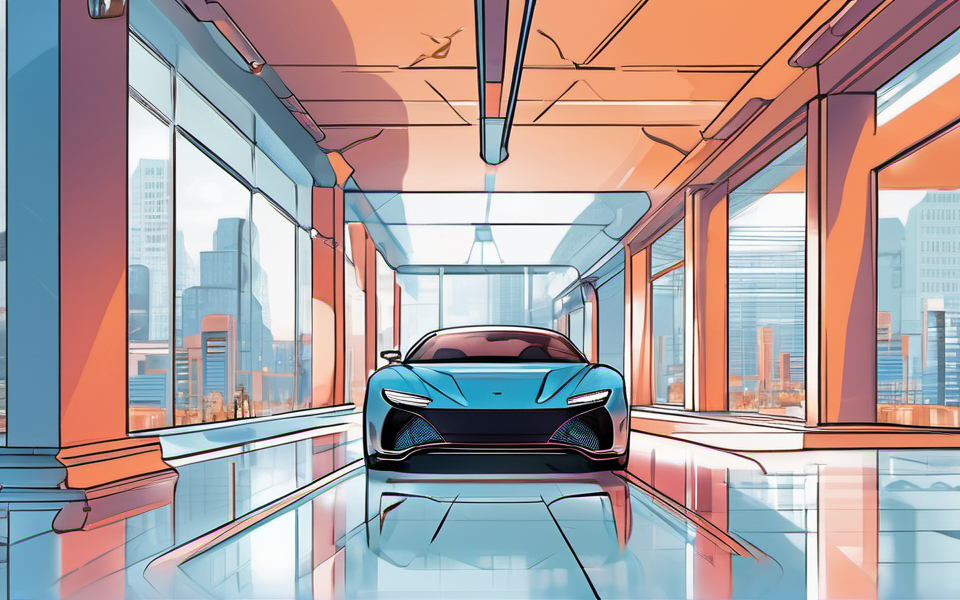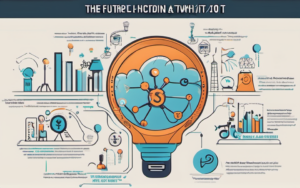Imagine a world where your car doesn’t just drive you around, but also talks to you, makes decisions for you, and even predicts maintenance before a breakdown happens. Welcome to the future of the automotive industry, powered by emerging technologies!
The Rise of Autonomous Vehicles
Autonomous vehicles are the crown jewel of modern automotive technology. Powered by advanced AI and machine learning algorithms, these cars can navigate roads, interpret street signs, and make real-time decisions without any human intervention. Companies like Tesla, Google, and Uber are leading the charge, turning what once was science fiction into a daily reality.
Driverless cars use a combination of sensors, cameras, and radar to understand their surroundings. These sensors generate vast amounts of data that the AI processes almost instantaneously. The result? A smooth, safe ride with reduced human error, which is one of the leading causes of accidents.
Moreover, autonomous vehicles are expected to have a significant impact on traffic management and fuel efficiency. With smarter algorithms controlling traffic flow and reducing idle times, we could expect less congestion and lower fuel consumption. Imagine cruising through traffic without the stress of stop-and-go driving! These innovations promise to make commuting not just easier, but more enjoyable and eco-friendly.
Electric Vehicles: A Greener Road Ahead
Electric vehicles (EVs) are surging in popularity, and it’s easy to see why. They offer a cleaner, more sustainable alternative to traditional gas-guzzling cars. Brands like Tesla, Nissan, and Chevrolet have rolled out various models that cater to different consumer needs, whether it’s a high-end luxury vehicle or an affordable commuter car.
One of the key technologies making EVs more viable is the advancement in battery technology. Newer batteries, like lithium-ion and even solid-state batteries, offer longer ranges and faster charging times. Charging infrastructure is also expanding, making it more convenient than ever to own an electric car.
Additionally, governments around the world are providing incentives to encourage the adoption of EVs. From tax breaks to discounts and rebates, going electric is not just good for the planet but also good for your wallet. The future is clearly electric, and the roads are going green faster than we ever thought possible.
The Role of IoT in Smart Cars
The Internet of Things (IoT) is another technological marvel that’s reshaping the automotive landscape. Modern cars are more connected than ever, thanks to a plethora of sensors and internet connectivity. These smart cars communicate with other devices, collecting and sharing data to offer a richer, more integrated driving experience.
For instance, IoT can facilitate real-time traffic updates, helping you avoid congestion and find the fastest route. Imagine your car receiving live updates about traffic jams or road conditions, and dynamically adjusting your route to get you to your destination faster. Not only does this save time, but it also optimizes fuel use, contributing to a greener environment.
Moreover, IoT enables predictive maintenance where your car can alert you about potential issues before they become major problems. This means fewer breakdowns and longer vehicle lifespan. With features like remote diagnostics, scheduling service appointments becomes a breeze, automated by your smart vehicle itself. The smart car of tomorrow will be a partner in your journey, not just a mode of transportation.




